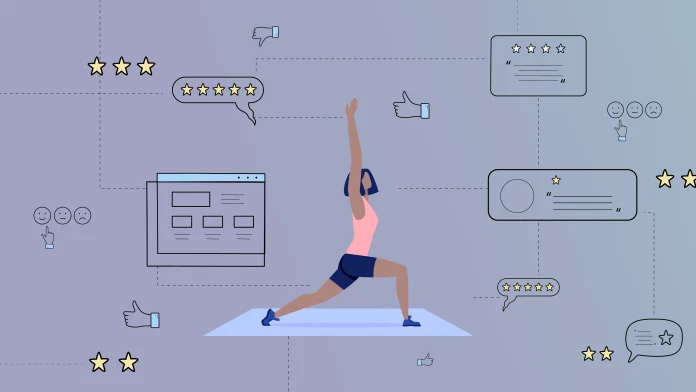Written by Santiago Berisso
Medically reviewed by Susana Pontiggia (Psychologist, Specialist in Neuroscience and Human Behavioral Sciences, Consultant in Personal and Organizational Development)
Juggling multiple tasks in a short amount of time—without losing your mind—might sound like a competitive edge in today’s work culture. But does multitasking actually make us more productive and efficient? Research suggests that trying to do more than one thing at a time always comes at a cost. So, what are the real effects of multitasking—and how can we protect ourselves from it?
Why Multitasking Doesn’t Actually Make You More Productive
That endless list of tabs open on your computer might be saying more about poor priority management than about productivity. And once we notice we’re scattered, it’s easy to assume we are the problem: that our lack of focus is some kind of personal failure or shortcoming. But that may not be the full picture.
What’s happening to you is likely happening to most people around you. Multitasking has become hard to avoid—but that doesn’t mean we should stop trying to resist it.
How Multitasking Affects the Brain and Attention Span
Many of the forces that shape our workdays are bigger than us—but they affect us deeply. The pressure to juggle several things at once is so widespread, it’s become part of the daily routine for many. But rather than reflecting how the human brain is wired, this points to deeper problems in how work is organized.
Over the past few decades, research has reinforced the idea that our brains are far better suited to focusing on one task at a time than to constantly switching between several. In fact, some researchers even argue that the word “multitasking” is misleading—because the brain doesn’t actually perform tasks simultaneously. Instead, it switches rapidly between them.
Some studies outline this switching process—shifting attention from one task to another—activates complex neural networks and attention-control mechanisms influenced by factors like genetics, age, and experience. Task difficulty also plays a role: the more complex the task we’re switching to, the more time and focus we lose in the transition. In short, the more we multitask, the less efficient we become.
Our brains are far better suited to focusing on one task at a time than to constantly switching between several.
Online Multitasking: How Internet Use Trains Your Brain to Lose Focus
The internet makes multitasking feel not only possible, but desirable. It encourages us to believe we can handle everything at once—and handle it well. Young people, who often grow up immersed in digital environments, are especially vulnerable. Whether using the internet for work or play, they’re more likely to fall into multitasking patterns and suffer the consequences, including reduced attention spans—even when they’re not multitasking.
Concerns about younger generations’ mental health are not just nostalgia for simpler times or about pointing at excessive screen time. Today’s average worker uses the internet as a core job tool, under constant pressure to stay connected. Compare that to the pre-digital era, when work was more linear and less invasive—no constant emails, no video meetings, no remote work—, and it’s clear why multitasking feels so overwhelming now.
The Real Effects of Multitasking on Health
Splitting our attention has real consequences for brain health and overall well-being. Some research even suggests that long-term cognitive flexibility—the kind required by frequent task-shifting—may increase the risk of developing attention-deficit/hyperactivity disorder (ADHD), rather than improve how we respond to multiple stimuli.
Multitasking also raises stress levels, which in turn can elevate blood pressure and heart rate. Over time, this can increase the risk of cardiovascular issues and lead to cognitive decline.
Splitting our attention has real consequences for brain health and overall well-being, like increasing the risk of developing ADHD, cardiovascular issues and cognitive decline.
Tips to Reduce the Effects of Multitasking and Boost Mental Clarity
We may not be able to change the demands of the modern workplace overnight—and we can’t afford to wait for a more human-centered approach to productivity while our health hangs in the balance. But we can change our habits and draw some boundaries. Especially if multitasking is keeping us from finishing tasks and causing us to procrastinate.
Here are some simple ways to start:
- Set clear priorities. Sort tasks based on their importance and urgency.
- Time-block your day. For example, set aside 20 minutes to check and respond to emails—without overlapping it with a meeting or another task, even if it feels like a “background” activity.
- Use a daily schedule. Block out specific times—even for minor tasks like reviewing a report or double-checking someone else’s work.
- Focus on the short term. Don’t start with a monthly plan. Begin by organizing what you need to do today. Planning too far ahead can cause overwhelm and distraction.
These small shifts can help you become more intentional about how you spend your time—and allow you to give each task the attention it deserves.






